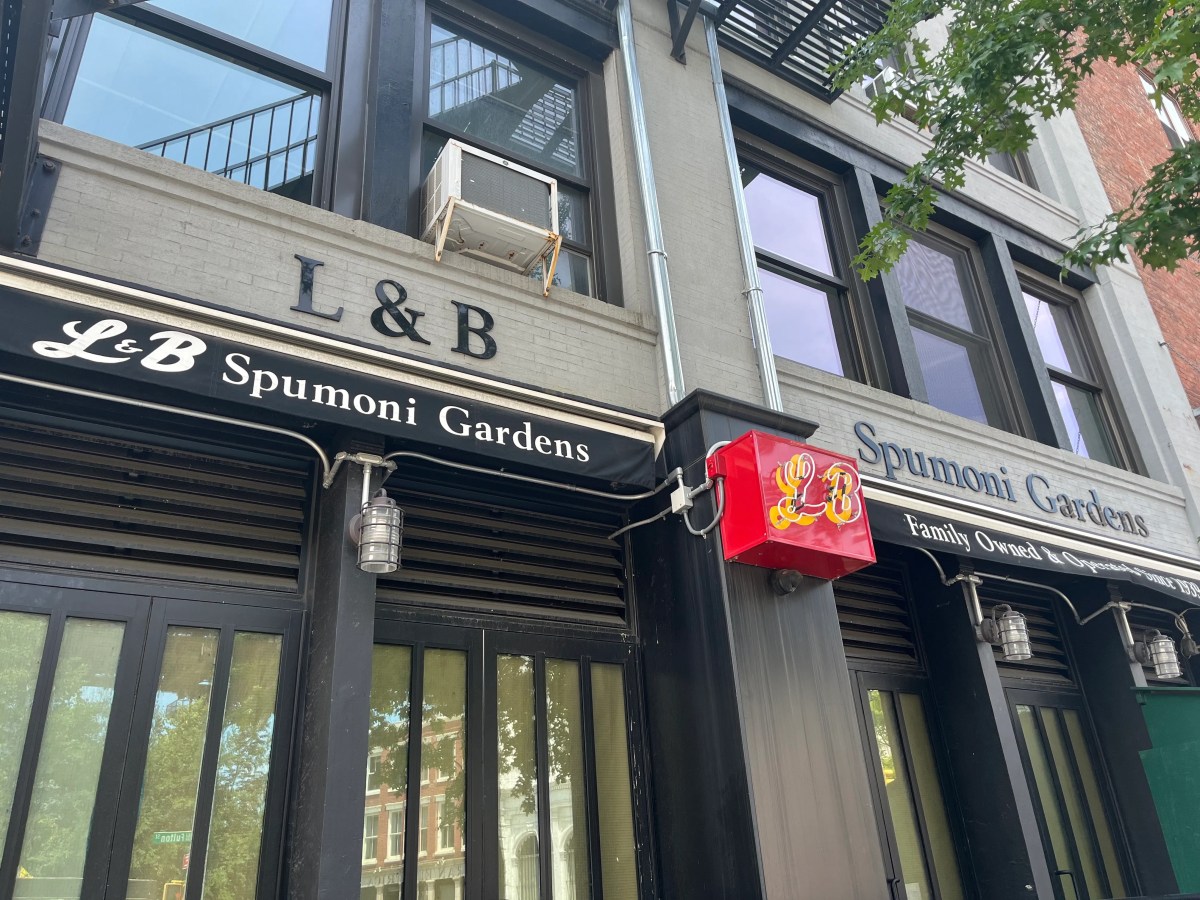Five candidates for City Council in the Second District — which covers the East Side from Murray Hill to Grand St. — are crying foul after the team for another candidate, Rosie Mendez, challenged the signatures they collected to get on the primary ballot in September.
That Mendez’s political organization, Coalition for a District Alternative, is challenging the petitions of all the other women and minority Democratic candidates in the race is being branded an outrage and “antidemocratic” by some of her opponents.
Candidates running for City Council must collect 900 valid, legible petition signatures of registered Democrats living in the district. Yet, one of the candidates whose petition signatures CoDA is challenging reportedly only collected 75 signatures. Mendez is a woman and a minority, so it would be hard to accuse CoDA of racism or sexism.
Some so-called good-government groups are flatly against petition challenges, feeling knocking candidates off the ballot is antithetical to giving voters a choice. In theory, that all sounds well and nice. Yet, forcing candidates to meet the petition requirements is a good early test of what they’re made of. Collecting the needed number of signatures means the candidate must have a certain amount of support within the district; being able to meet this hurdle also shows the candidate is at least relatively organized — and we want a councilmember who is organized enough to run not just a basic petition effort but an entire district of Manhattan.
The fact that the Mendez campaign reportedly collected 10,000 of a possible 72,000 signatures in the district admittedly probably did make it a bit harder for other candidates to gather the necessary amount. Yet, the fact that there are 11 candidates also generated competition for signers. Clearly, the whole process leaves much to be desired. Certainly, we oppose any abuse of challenges to knock off candidates who have collected the required amount of signatures.
Ultimately, though, challenges pare down the field in cases where an abundance of candidates are running. We’re for all voters having the widest choice possible — but we want voters to be able to elect quality candidates. The rules are the same for everyone, so no one should complain if they can’t meet the minimum threshold.
St. Brigid’s last chance
We’re glad to hear that the court has given St. Brigid’s parishioners another reprieve by extending a stay blocking the church’s demolition. Yet, we’re surprised to hear the Catholic Archdiocese last week moved the church’s organ out. While the stay was against exterior demolition, we also think it means “stay out,” as in, don’t continue to dismantle this historic East Village church. Again, if this building on Tompkins Square’s western edge were demolished — and, we assume, replaced by a luxury building — the community would be sorely deprived in numerous ways. Now, the parishioners must really take advantage of this opportunity to argue why this great building must be saved and remain a functioning church.





































